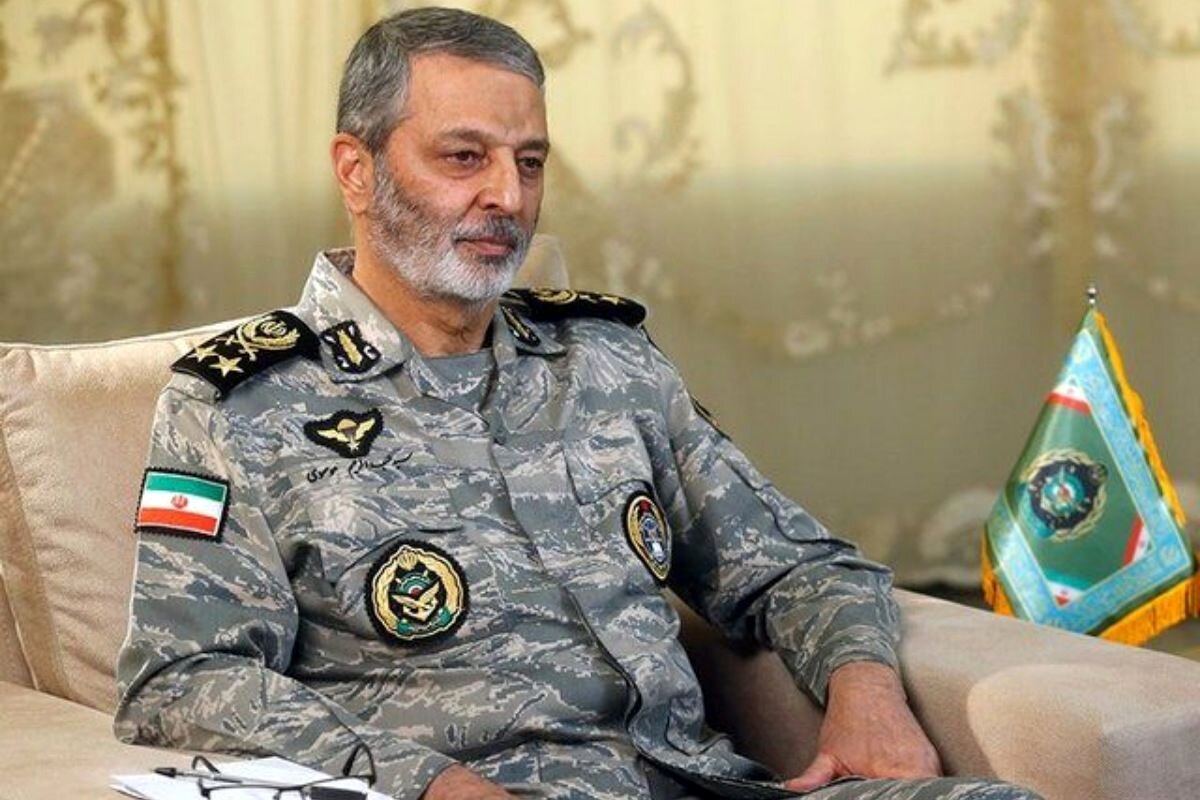Iran, Qatar affirm commitment to defense ties following 12-day war

TEHRAN – In a high-level exchange, Major General Abdolrahim Mousavi, Chief of Staff of Iran’s Armed Forces, held a phone conversation with Khalid bin Mohammed Al-Attiyah, Qatar’s Deputy Prime Minister and Minister of State for Defense Affairs, solidifying bilateral strategic coordination in the wake of the Israeli regime’s 12-day aggression against Iran.
General Mousavi opened by lauding Qatar as a “friendly nation” with which Iran shares “exceptionally close political relations.”
He explicitly thanked Doha for its “principled stance condemning the violation of Iran’s sovereignty” during the June conflict, further acknowledging Qatar’s “consistent support for the struggles of the oppressed Palestinian people.”
The Iranian commander emphasized that Tehran’s “righteous position during the imposed 12-day war became undeniable to the world,” with Muslims, Islamic governments, and freedom-seekers globally rallying behind Iran.
“The U.S. and the Zionist regime,” he stressed, “respect no international norms or principles,” underscoring the hypocrisy of Western powers.
Reflecting on the war, General Mousavi condemned the U.S. for providing “unrestricted intelligence, logistical, and operational support” to the Israeli regime during Iran’s retaliatory missile and drone operations.
“Iran’s Armed Forces stood resolute against bullying,” he declared, “responding to the aggressors with full might.”
Al-Attiyah reciprocated by offering condolences for the martyrdom of Major General Mohammad Bagheri and other Iranian commanders killed in Israeli strikes, reiterating Qatar’s “immediate condemnation of Israel’s aggression.”
He affirmed Doha’s refusal to allow its “airspace or territory to be used for hostilities,” advocating instead for “diplomatic engagement.”
Both commanders concluded by endorsing enhanced defense cooperation, signaling continued alignment against external threats while navigating postwar diplomacy.
On June 13, the Israeli regime—backed by full U.S. military and intelligence support—launched airstrikes on Iran, igniting a fierce 12-day war.
Iran’s Armed Forces first executed comprehensive defensive maneuvers before unleashing Operation True Promise III, a swift counteroffensive that deployed hundreds of ballistic missiles alongside waves of kamikaze drones.
Precision strikes tore into critical military and industrial sites across the occupied Palestinian territories and pounded Tel Aviv, Haifa, and Be’er Sheva.
In parallel, following the U.S. bombing of Iran's Fordow, Natanz, and Isfahan nuclear facilities with B-2 Spirit stealth bombers deploying GBU-57 Massive Ordnance Penetrator "bunker buster" bombs, as well as Tomahawk missiles, Iran retaliated for U.S. attacks on its nuclear facilities by targeting the al-Udeid Air Base in Qatar.
Despite the Israeli regime's once-thought-to-be impregnable U.S.-supplied missile-defense systems, Tehran’s relentless barrage forced Tel Aviv to request a halt in fighting after 12 days.
Throughout the crisis, Qatar was believed to have maintained a delicate balancing act.
As host to al-Udeid—the United States’ principal regional air hub—it condemned violations of its airspace even as it underscored “warm and historic” ties with Tehran.
Doha’s mediation reportedly helped bring the ceasefire to fruition, reflecting its unique role: championing Palestinian causes while deepening strategic and economic partnerships with Iran, from joint ventures in aviation and ports to shared development of the South Pars gas field.
Qatar’s Emir Sheikh Tamim bin Hamad Al Thani has described Iran as “a pivotal regional actor,” while Tehran has championed Doha’s independence from Saudi influence.
